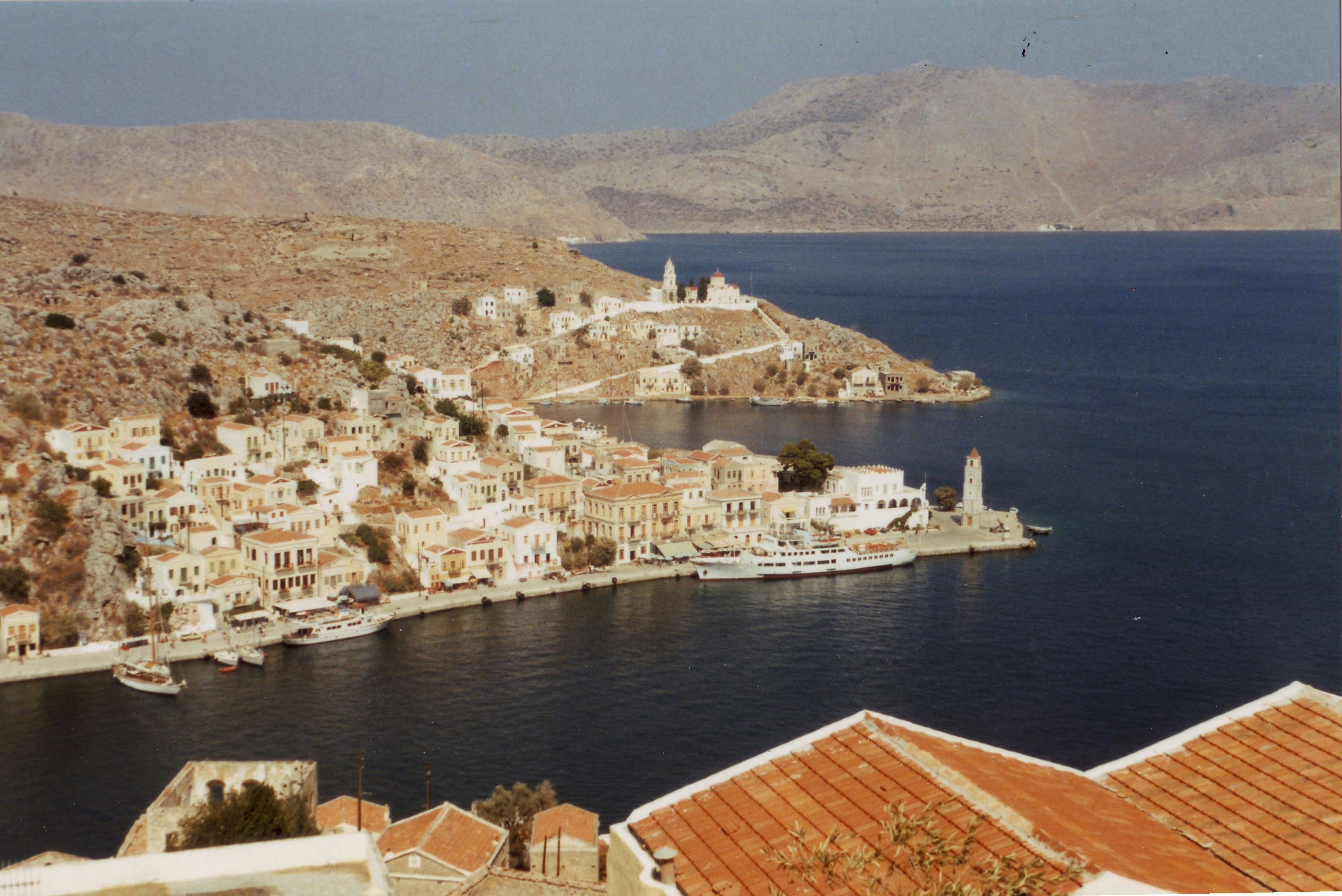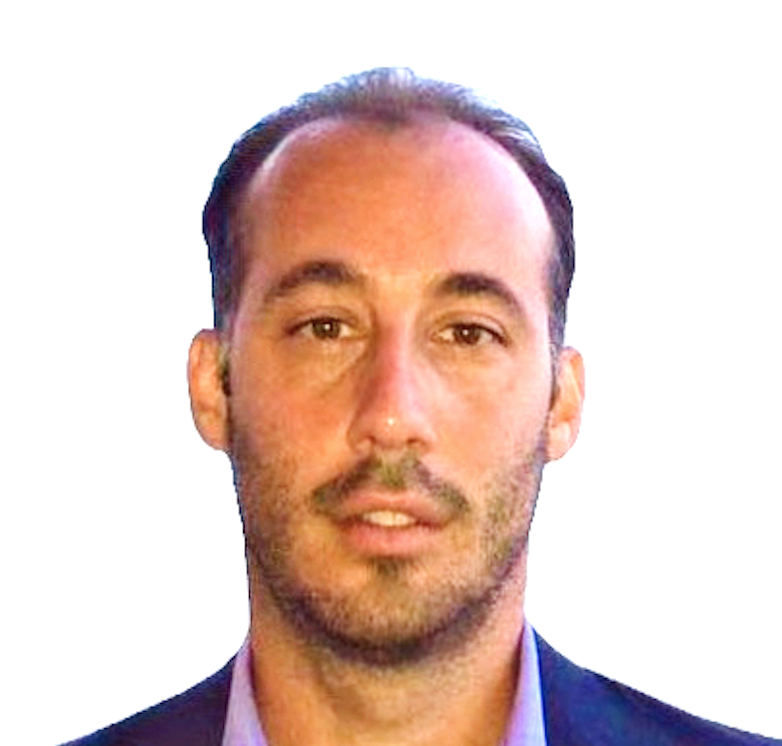A Psychotherapist Reflects on Dr Michael Mosley's Untimely Death
Jun 11, 2024


Andre de Trichateau
Jan 22, 2025 12
- To his many fans, Dr Michael Mosley was synonymous with health, and the circumstances of his death have been a shock to many
- Psychotherapist André de Trichateau shares his personal reflections
Reflecting on the tragic and untimely death of Dr Michael Mosley over the weekend brought to the fore the intense private feelings that such public losses can invoke. A household name, Dr Mosley seemed to genuinely care about society, with his primary aim being to help us all achieve better health. His sudden death feels profoundly unfair-how could someone who appeared so healthy leave us in such a manner?
Death, an inevitable facet of human existence, has long been a subject of deep contemplation. It often leaves behind a slew of unanswered questions, making sense of which can be profoundly challenging. Borrowing from Freud's theories, one might wonder if there was an air of 'Thanatos'-the death drive-about his passing, juxtaposed with an 'Eros'-the life drive-in his living. Was the walk that Dr Mosley embarked on so dangerous and perilous that he had no idea of the risks he was taking? According to Freud, Thanatos can drive us towards unnecessary risks, while Eros seeks to preserve life.
The senselessness of his death seems to stand in stark contrast to the healthy, fit life he led. This makes the reconciliation of these two opposing forces especially challenging. Sitting here, reflecting on his death, it seems unfathomable. In a sense, I feel cheated. Looking at the Five Stages of Grief, I am angry that someone so thoroughly invested in life and living should have his journey cut short so abruptly. I also find myself bargaining; perhaps if I live well, his death won't be in vain, and it will carry meaning and purpose.
The dichotomy between Eros and Thanatos in Dr Mosley's life and death can indeed be challenging to reconcile. His dedication to health Eros starkly contrasts with the circumstances of his death Thanatos . This tension underscores the complex nature of human existence, where life and death are inseparable forces entwined.
Finding meaning in such a loss can involve several pathways:
1. Legacy and inspiration
One way to navigate these profound feelings is to focus on the positive impact Dr. Mosley had on the world. His work likely inspired many to lead healthier lives, a testament to his dedication to Eros. By remembering his contributions, we can keep his legacy alive in our own lives.
2. Personal growth: Using his memory as a catalyst for personal growth and a renewed commitment to health
In conclusion, by exploring these deeper, psychological responses to death can help us navigate our own thoughts and feelings and help resolve conflicts and achieve a healthier relationship with the concept of death.
These tragic moments offer us pause for reflection and the hope that Dr Mosley's death may offer us a new appreciation of life, that he seemed so very dedicated to.
André de Trichateau is a verified Welldoing psychotherapist in London and online

Andre de Trichateau
Read further
